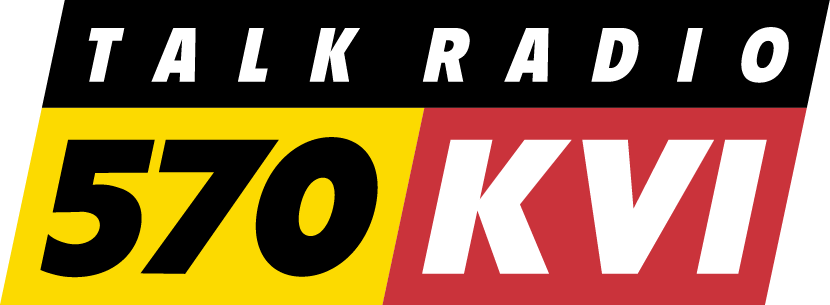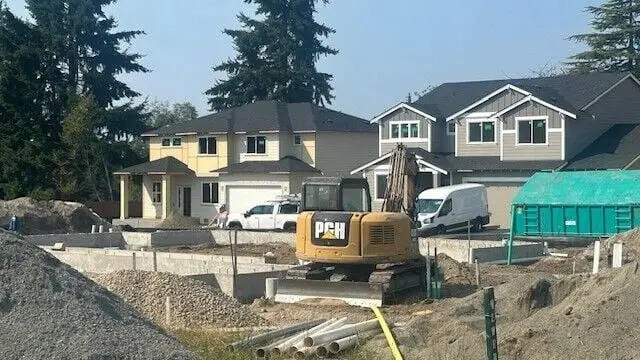(The Center Square) – A proposed ballot measure that would levy a payroll tax on Seattle employers with workers who make more than $1 million a year would create a unique form of housing that would be available to all regardless of income.
House Our Neighbors’ Initiative 136 would utilize revenue from the proposed 5% compensation tax to fund social housing in Seattle.
The organization’s working definition of social housing is housing that is removed from market speculation, is publicly-owned and funded, and is available to people without income restrictions.
Rent rates at social housing units would ideally be no more than 30% of the household’s income, according to House Our Neighbors. So if a tenant were to make more money, then said tenant would see their rent adjusted to continue to match the 30% rate. There is no time limit on how long a tenant can stay at a social housing unit.
The two dominant forms of housing in Seattle are affordable housing and housing from the private sector. Tiffani McCoy, policy and advocacy director at House Our Neighbors, notes that affordable housing is overseen by the U.S. Department of Housing and Urban Development. Washington state households under 80% of the area-median income are not permitted to rent from these developments.
“Social housing is filling this huge gap – not just in terms of keeping public money in public hands, but also allowing higher incomes to be brought in,” McCoy told The Center Square in a phone call. “We know folks in the 80%-120% area median income are rent burdened and are being priced out of our cities.”
McCoy said that the payroll tax was the chosen form of revenue stream in order to prevent further increases on homeowners. She referenced a The Seattle Times article that found that the city is among the top five cities with the most expensive property taxes in the U.S.
The advocacy group researched social housing models in Vienna, Austria, as well as Toronto, Canada’s community housing model. House Our Neighbors also looked at housing models in the island country and city-state of Singapore and the nation of Finland.
Seattle is not the first in the U.S. to use social housing to create more available housing units. The Housing Opportunity Commission in Montgomery County, Md. has a mixed income portfolio that does essentially the same work as Seattle.
McCoy said Vienna’s social housing model is the “gold standard,” where rents are regulated by the city government so that none of the residents pay any more than 20% to 25% of their household income for housing, whereas Seattle’s standard is 30%.
The advocacy group estimates that the social housing payroll tax would generate $52 million annually and could fund 2,000 units of social housing in the city over 10 years.






